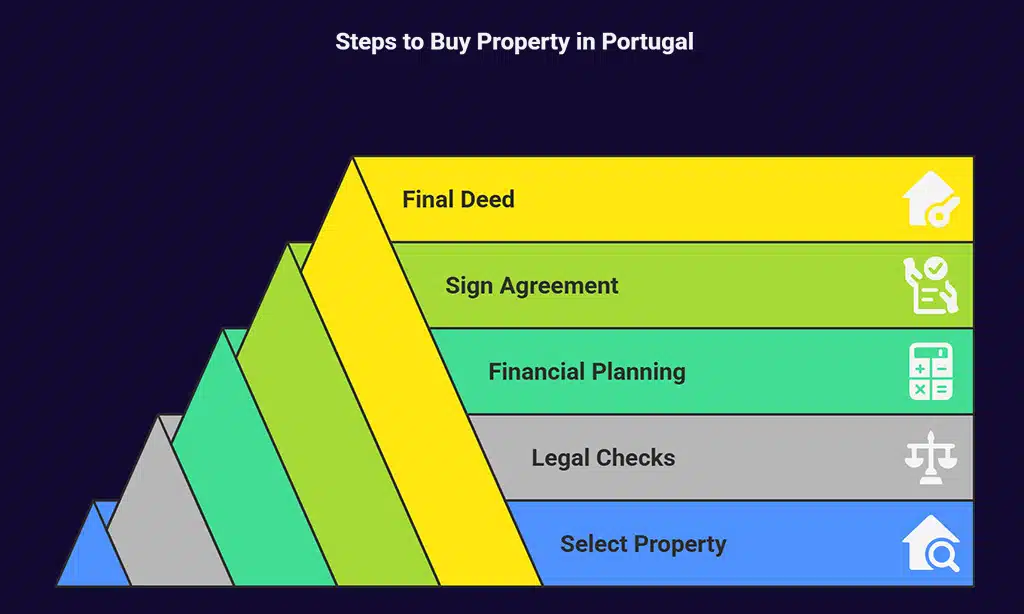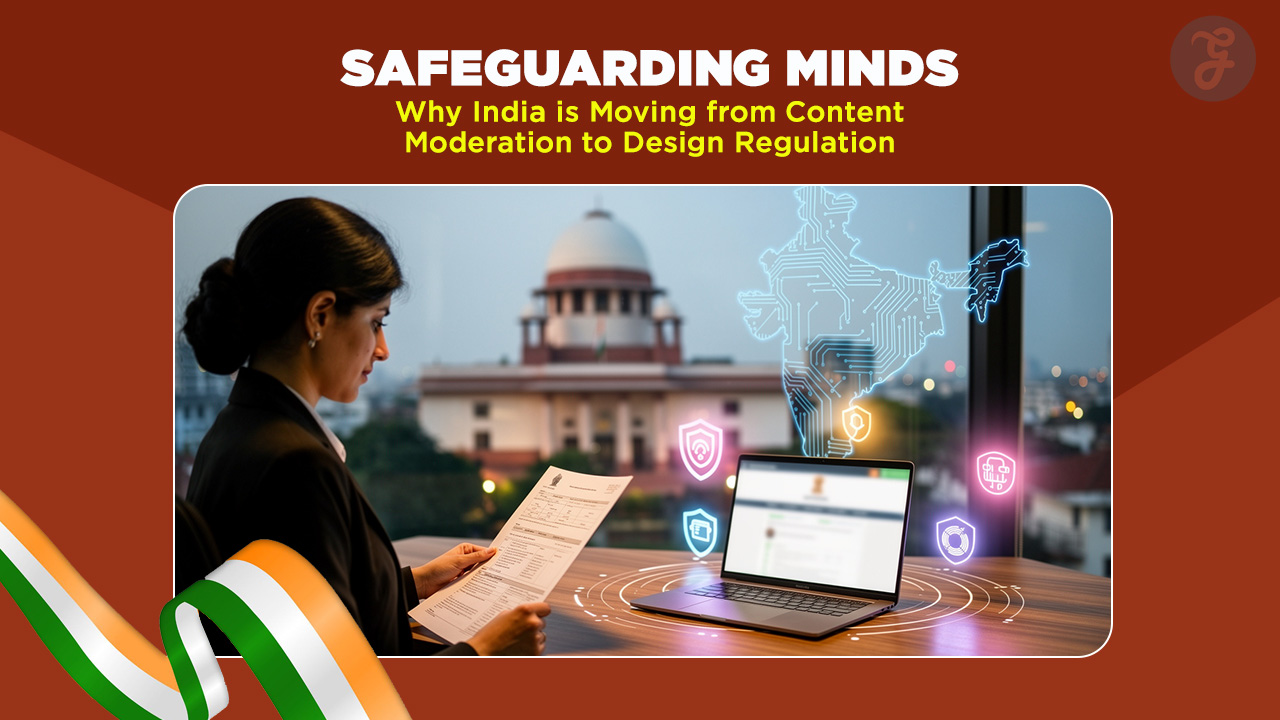Portugal has become one of the most sought-after destinations for real estate investment. Whether you are looking for a retirement home, a vacation property, or an investment opportunity, the Portuguese property market offers an array of options.
However, before making such a significant financial commitment, there are several things to know before buying property in Portugal. From legal procedures to tax implications, understanding the nuances of the property market will help you make an informed decision.
This guide covers the essential aspects to consider before purchasing property in Portugal, including the best locations, legal processes, financing options, and rental potential.
Why Portugal is a Popular Choice for Property Buyers
Purchasing property in Portugal is an attractive investment for many, thanks to the country’s stable economy, favorable climate, and appealing residency options. Whether you are looking for a retirement home, a vacation rental, or a long-term investment, Portugal offers a variety of real estate opportunities that cater to different needs and budgets. Before diving into the property market, it’s crucial to understand the key factors that make Portugal a top choice for property buyers.
The Appeal of Portugal’s Real Estate Market
- Favorable climate with over 300 days of sunshine annually, making it a prime destination for retirees and vacation home buyers.
- High-quality lifestyle with beautiful landscapes, rich history, excellent cuisine, and a welcoming community.
- Affordable cost of living compared to other Western European countries, allowing expats and investors to enjoy a comfortable life at a fraction of the cost.
Benefits of Investing in Portuguese Property
- Strong rental yields, particularly in Lisbon, Porto, and the Algarve, driven by tourism and expat demand.
- High demand for short-term rentals, with Airbnb and holiday home markets thriving.
- Potential for property appreciation over time, especially in high-demand regions.
| Factor | Benefit |
| Rental Yields | 4% – 7% in key areas |
| Living Costs | Lower than Spain and France |
| Climate | 300+ sunny days per year |
Golden Visa and Residency Opportunities
- Portugal’s Golden Visa program allows non-EU investors to obtain residency through property investment.
- Requires a minimum investment of €500,000 (or lower in designated areas like the Azores and Madeira).
- Pathway to citizenship after five years of legal residence, with minimal stay requirements.
Understanding the Legal Framework
Navigating the legal landscape is one of the most critical things to know before buying property in Portugal. Understanding the regulations and compliance requirements will help prevent unforeseen legal issues and ensure a smooth transaction. Whether you’re an expat, investor, or retiree, having a clear grasp of the legal framework will protect your investment and provide peace of mind.
Key Property Laws and Regulations
- Foreigners have the same property ownership rights as locals, making it an attractive investment destination.
- Property transactions are governed by Portuguese law and require due diligence checks to prevent legal issues.
- Some properties, particularly in historic zones, may have renovation restrictions, so it is essential to verify before purchase.
Role of a Lawyer in the Buying Process
- Essential for reviewing contracts, ensuring compliance with legal requirements, and safeguarding your interests.
- Helps in verifying property ownership, outstanding debts, and legal disputes that could affect the transaction.
- Advises on tax obligations and assists in registering the property with local authorities.
Common Legal Pitfalls to Avoid
- Purchasing properties with unclear land registry status, which may lead to ownership disputes.
- Overlooking necessary permits for renovations or extensions, leading to legal complications.
- Failing to account for hidden costs like municipal taxes, legal fees, and utility registration charges.
Best Locations to Buy Property in Portugal
When considering things to know before buying property in Portugal, location is one of the most crucial factors. The country offers diverse property investment opportunities, from bustling city centers to serene coastal and inland areas. Understanding the benefits of each location will help you choose the best place that aligns with your lifestyle, financial goals, and long-term plans.
Lisbon vs. Porto – Where to Invest?
| Feature | Lisbon | Porto |
| Property Prices | Higher (€5,000+ per sqm) | More Affordable (€3,500+ per sqm) |
| Rental Demand | Strong due to tourism & business | Growing with digital nomads |
| Lifestyle | Cosmopolitan, vibrant | Historic, cultural, scenic |
Coastal vs. Inland – What Suits Your Lifestyle?
- Coastal Properties: Offer ocean views, high rental demand, and premium pricing, particularly in Algarve and Cascais.
- Inland Locations: Provide more affordable options, quieter surroundings, and increasing demand from expats seeking a slower pace of life.
Emerging Real Estate Hotspots
| Location | Why Invest? |
| Comporta | Luxury coastal getaway with eco-friendly developments |
| Évora | UNESCO heritage city with high appreciation potential |
| Braga | Increasingly popular among digital nomads and young professionals |
Types of Properties Available in Portugal
When considering the things to know before buying property in Portugal, understanding the different types of properties available is crucial. Portugal offers a diverse real estate market, ranging from modern city apartments to luxurious villas and charming townhouses. Each property type caters to different buyer needs, whether for investment, retirement, or relocation.
Apartments, Villas, and Townhouses
- Apartments in city centers are ideal for rental income and easy maintenance.
- Villas in the Algarve offer luxury living and strong short-term rental potential.
- Townhouses provide a balance between urban and suburban life, often at more affordable prices.
Off-Plan vs. Resale Properties – Pros and Cons
| Type | Advantages | Disadvantages |
| Off-Plan | Lower price, modern design, high appreciation potential | Longer wait time, possible project delays |
| Resale | Ready to move in, no construction risks | May require renovation, higher upfront cost |
Understanding Rural and Urban Property Markets
- Urban areas attract higher rental yields due to tourism and business travelers.
- Rural properties offer more space, tranquility, and lower initial investment but may have lower resale demand.
Property Prices and Market Trends
One of the most important things to know before buying property in Portugal is understanding the market trends and property prices in different regions. Whether you are looking for an affordable home in the countryside or a high-end apartment in Lisbon, having a clear idea of price variations and future projections will help you make a smart investment decision.
Average Property Prices by Region
| Region | Average Price per sqm |
| Lisbon | €5,000+ |
| Porto | €3,500+ |
| Algarve | €3,000+ |
| Évora | €2,500+ |
Factors Influencing Real Estate Value
- Proximity to tourist attractions: Higher demand near coastal and historic areas.
- Infrastructure development: Metro, roads, and commercial hubs impact property value.
- Market demand and supply: More investors lead to rising property costs.
Future Market Predictions
- Continued appreciation in key cities due to expat and investor interest.
- Growth in suburban and emerging locations due to remote work trends.
- Increasing foreign investment leading to steady demand in Portugal’s property market.
Financing and Mortgage Options for Foreign Buyers
When exploring the things to know before buying property in Portugal, understanding your financing options is crucial. Portugal offers a range of mortgage solutions for foreign buyers, and securing the right loan can significantly impact your investment’s success. Whether you are purchasing a home for personal use or as an investment, knowing how to navigate the mortgage process will help you make informed financial decisions.
Can Foreigners Get a Mortgage in Portugal?
- Yes, many Portuguese banks offer mortgages to non-residents.
- Typically, foreigners can finance up to 70% of the property’s value.
- Credit history, income proof, and property valuation play a significant role in loan approval.
Best Banks for Property Loans
| Bank | Mortgage Loan Terms |
| Millennium BCP | Up to 70% financing, 2.5% – 4% interest rate |
| Santander Portugal | 65% financing, competitive fixed rates |
| Novo Banco | Customizable loan plans for expats and investors |
Mortgage Rates and Loan Conditions
- Interest rates typically range between 2% – 4%.
- Loan terms vary from 10 to 30 years.
- Foreign buyers may require a higher down payment than residents.
Taxes and Fees Associated with Property Purchase
One of the most important things to know before buying property in Portugal is understanding the taxes and fees associated with the purchase. These costs can significantly impact your overall budget, and being well-informed about them will help you plan your investment efficiently. From property transfer taxes to annual property levies, knowing these expenses in advance will ensure a smooth purchasing process.
Property Transfer Tax (IMT)
| Property Type | IMT Rate |
| Urban Property | 2% – 8% |
| Rural Property | 5% |
| Secondary Residence | Higher tax bracket |
Notary and Registration Fees
- Typically, these fees range from 1% to 2% of the purchase price.
- Additional administrative costs may apply based on municipality regulations.
Annual Property Taxes and Other Costs
- IMI (Municipal Property Tax) ranges from 0.3% to 0.8% depending on the region.
- Home insurance is highly recommended but not mandatory.
The Buying Process Step-by-Step
One of the most crucial things to know before buying property in Portugal is understanding the step-by-step process. A well-planned approach ensures a smooth transaction and helps avoid unnecessary legal or financial hurdles. From selecting the right property to signing the final deed, being aware of each stage can save you time, effort, and money.
Finding the Right Property
- Work with reputable real estate agents.
- Use online platforms like Idealista, Sotheby’s, and Remax.
Making an Offer and Signing the CPCV Contract
- CPCV (Contrato de Promessa de Compra e Venda) secures the deal.
- Requires a deposit of 10% to 30% of the property value.
- If the seller withdraws, they must return double the deposit.
Finalizing the Deed and Ownership Transfer
- Signing the final deed (Escritura) at a notary.
- Paying all necessary taxes and registration fees.
- Transferring ownership officially through the land registry office.
Renting vs. Living in Your Property
Deciding whether to rent out your property or live in it is one of the crucial things to know before buying property in Portugal. Each option has its own benefits and challenges, depending on your financial goals, lifestyle, and long-term investment strategy. Understanding the rental market, regulations, and potential returns will help you make an informed decision.
Can You Rent Out Your Property?
- Yes, Portugal allows both short-term and long-term rentals.
- Short-term rentals require an AL (Alojamento Local) license.
Short-Term vs. Long-Term Rentals
| Rental Type | Advantages | Challenges |
| Short-Term Rentals | Higher rental income potential, tourism-driven demand | Requires property management, seasonal fluctuations |
| Long-Term Rentals | Stable income, lower maintenance | Lower yields, fixed rental agreements |
Rental Yield Potential in Portugal
- Lisbon and Porto offer rental yields of 4% to 7% annually.
- Algarve experiences seasonal rental peaks, leading to variable returns.
- Secondary cities are emerging as profitable rental markets due to rising demand from remote workers.
Final Tips for a Successful Property Purchase
- Not conducting due diligence on property legal status.
- Underestimating additional costs like taxes and maintenance.
- Ignoring the importance of working with a professional real estate agent and lawyer.
Essential Documents You Need
| Document | Purpose |
| NIF (Portuguese Tax Number) | Required for property purchase and financial transactions |
| Property Registration Certificate | Confirms property ownership and legal status |
| Energy Performance Certificate | Required for selling or renting property |
How to Ensure a Smooth Property Transaction
- Hire a qualified lawyer to navigate legal complexities.
- Use a reputable real estate agent with local market knowledge.
- Budget for additional expenses beyond the property price.
These additional insights, practical tables, and key data points ensure a smoother property-buying process in Portugal, allowing investors to make informed and strategic decisions.
Takeaways
Buying property in Portugal is an exciting opportunity, but it requires careful planning and knowledge of the market. By understanding the key things to know before buying property in Portugal, you can make informed decisions and avoid costly mistakes.
Whether you are investing for residency, rental income, or personal use, Portugal’s diverse real estate market offers something for everyone. Do thorough research, work with professionals, and enjoy the journey of owning a property in one of Europe’s most desirable locations.






































